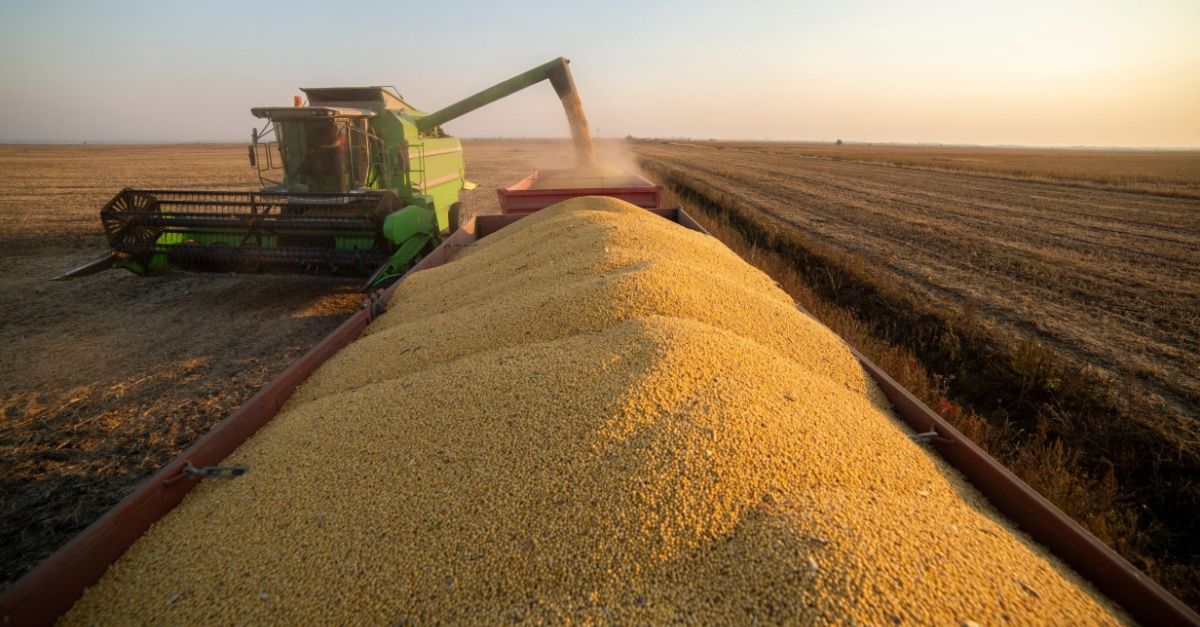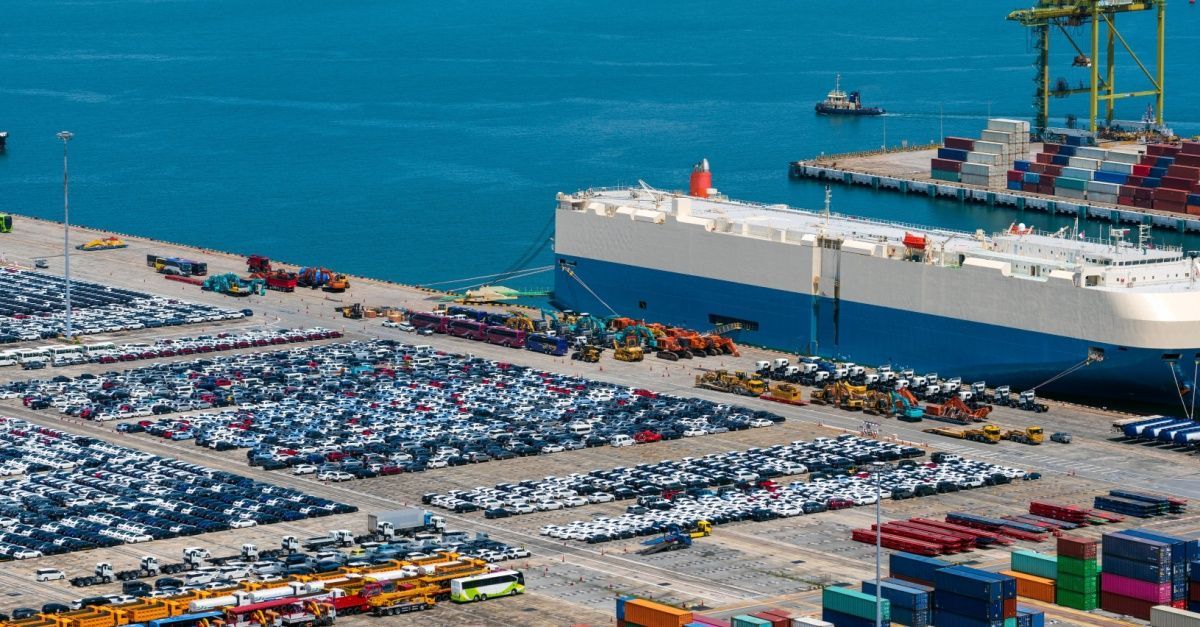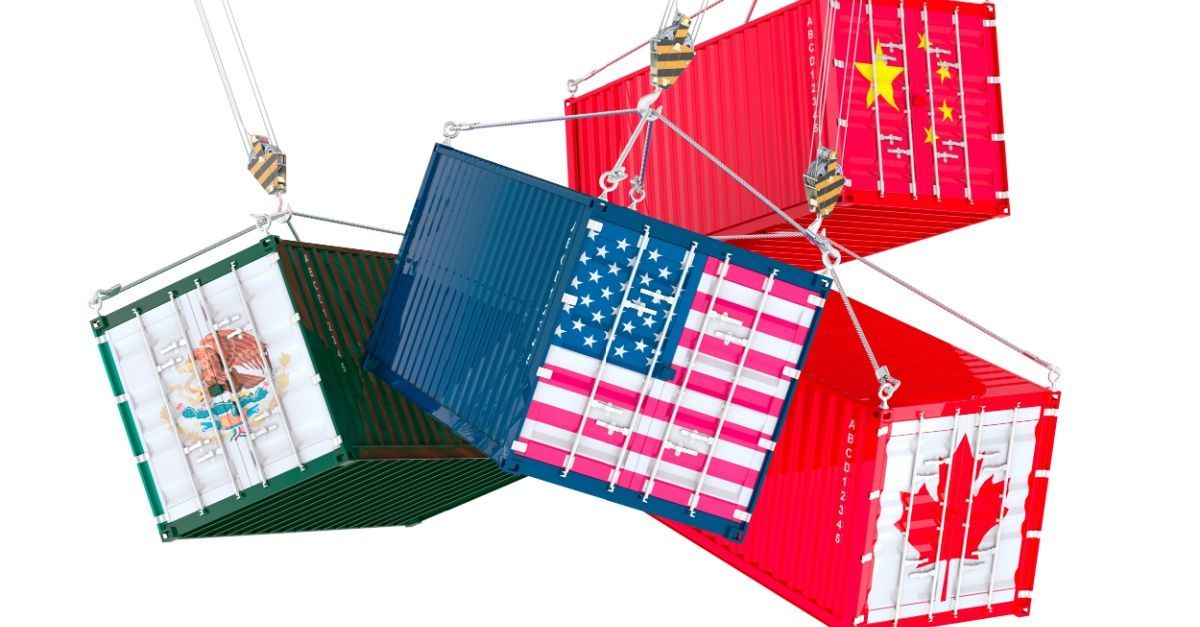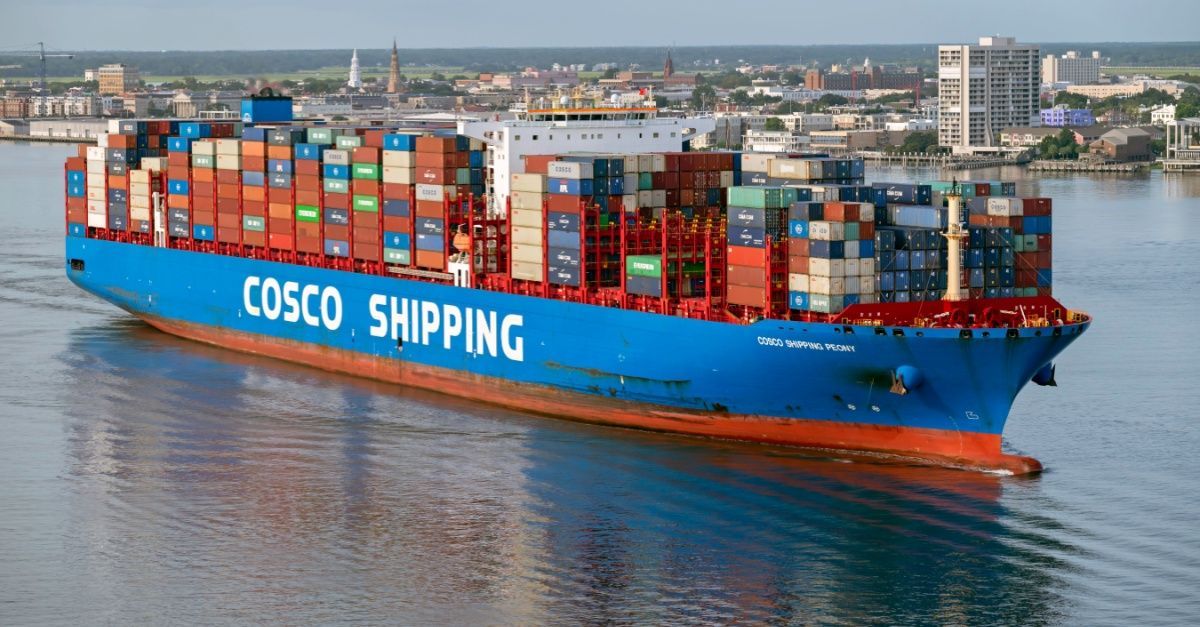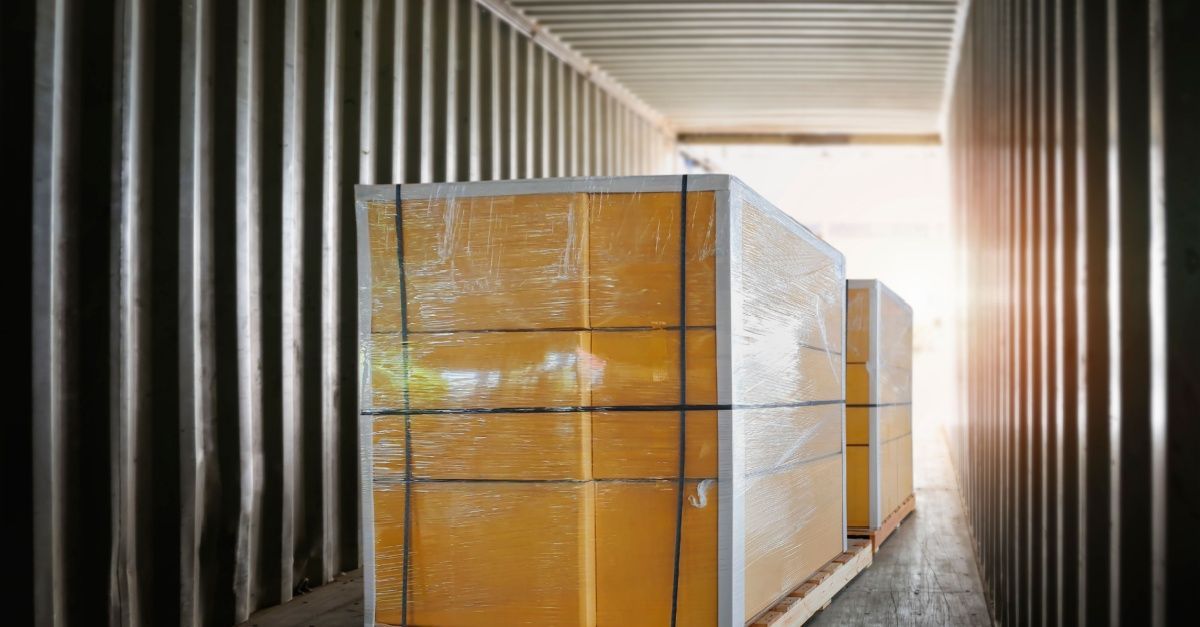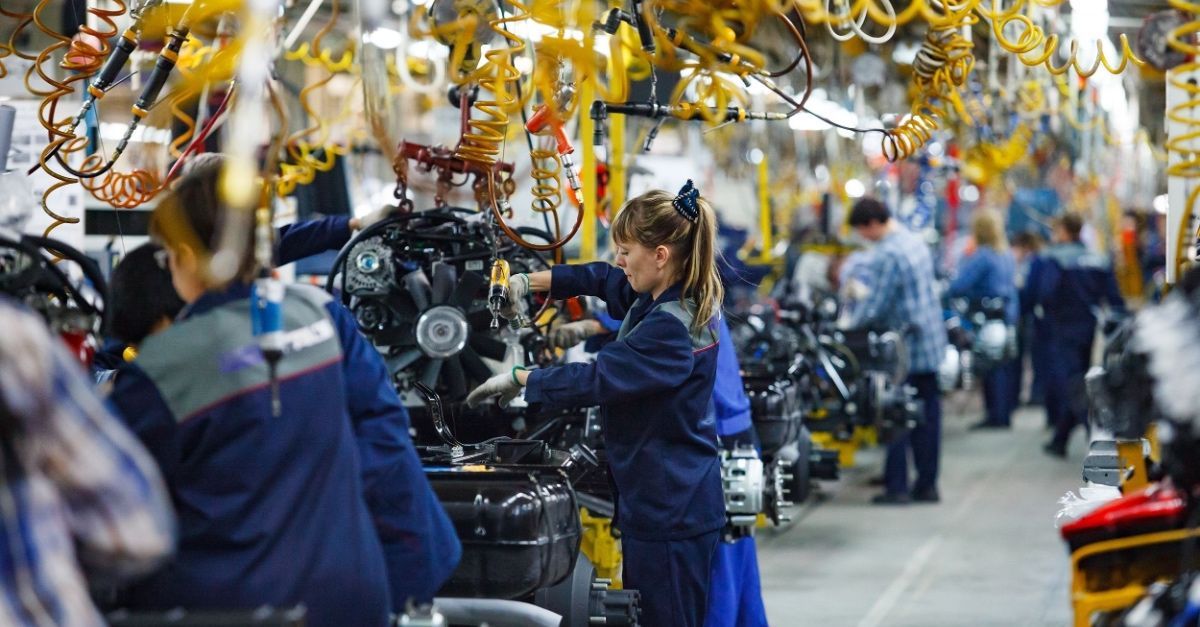The Big Three: Breaking Down the Top Challenges in Food Manufacturing
Blog Post CTA
The Big Three: Breaking Down the Top Challenges in Food Manufacturing
In 2021 the US food and beverage market was worth over $5,815 billion. With so much food being consumed annually, it’s vital to understand the top challenges in food manufacturing and how the best 3PL partner can help food manufacturers address challenges and ensure sustained growth.
The Top Challenges in Food Manufacturing
Food manufacturing has its own set of unique challenges. Our food supply chains are long and complex, with many weak points where delays can build up. Furthermore, labor shortages and a lack of trained truck drivers affect logistics and slow deliveries. The wait for manufacturing or delivery could spell spoilage for perishable food items, so it’s essential to identify the major slowdowns and how we can overcome them.
1: Supply Chain Complexity & Specialization
Our food supply chains are already highly complex, even before delays or issues. From growers to packers to shippers and retailers, multiple stakeholders are almost always involved in each supply chain. The complexity of food supply chains means challenges associated with managing inventory, preparing logistics, and coordinating orders.
As such, it’s essential that each stakeholder plans ahead and prepares for contingencies. In times of high demand, having streamlined supply chain solutions can improve efficiency and reduce costs. The ability to deliver highly-desired goods to stores when competitors cannot sets your business apart from others and builds customer loyalty.
Even as the supply chain is very complex, it’s also highly specialized, with a small number of actors producing the majority of many staples. The war in Ukraine is one instance where supply chain consolidation affected the industry. Ukraine is a top producer of grains and oilseeds globally. In 2022, Ukraine was the
biggest global exporter of sunflower oil and meal and No. 3 for grapeseed oil. With the outbreak of the war, supply chains
globally were affected by a shortage
of sunflower oil, deepening food crises in East Africa and affecting food production with oil globally. Just as it's vital to have a broad foundation of carriers to meet varying capacity demand, building robust and resilient supply chains will include diversifying the sources of our ingredients.
2: The Ongoing Labor Shortage
The ongoing labor shortage in food manufacturing and logistics is a pressing problem for the food industry. More than
130,000 positions in food manufacturing were vacant in 2021. Furthermore, the trucking industry reported an 80,000 trucker shortage and projected that figure may rise to 160,000 by 2030.
Food manufacturers are facing severe employee shortages. This is affecting production and slowing down manufacturing lines. Each manufacturer is approaching scarcity differently, but many are turning to time-proven tactics, including:
- Increasing pay or benefits.
- Training and promoting internally.
- Improving working conditions with more amenities and flexibility.
Labor strikes also play a role in decreased production and logistics. Work stops and production or logistics get backed up as laborers strike for changes in conditions or pay. These delays can compound across ports, factories and shipping routes.
The biggest challenge with many job vacancies is maintaining adequate capacity. Food producers struggle to meet production demand without enough workers, and a lack of truck drivers means goods sit longer before they are transported.
For the logistics industry, labor shortages remain top of mind, and as a result, logistics leaders are looking towards
automation to address
long-term labor shortages. In addition to technological advancements, a large portion of logistics and production industry companies are looking to increase environmental standards and reduce their footprint through smarter tech.
3: Demand Fluctuations and Seasonality
On top of supply chain complexity and the labor crunch, regular seasonal fluctuations in demand can impact capacity. Many consumer preferences, especially for food items, change seasonally; thus, demand fluctuates. Additionally, non-seasonal occurrences such as oncoming storms or hot weather can also impact demand for items such as bread, eggs, or ice cream.
These changes in demand pose additional challenges for manufacturers since they need to predict expected demand and adjust manufacturing and shipping to meet these desires. Proper demand forecasting involves carefully monitoring inventory levels and using industry forecasting reports and software, such as consumer or market reports.
But the most essential tool for aptly managing demand changes is flexibility. Flexible production processes and an adaptive supply chain means companies are more able to increase or reduce production to meet changing tastes, and it means that they’ll be able to provide the desired products faster than their competitors, gaining market share and building customer loyalty.
In addition to a proactive manufacturing arm, a good food supply chain also requires adaptive and efficient trucking. Without the trucks and drivers to move desired items to retailers, it doesn’t matter how adaptive your manufacturing capacities are; the items still won’t arrive at their destination on time. To meet end demand, you need a strong connection with a 3PL provider who has the capacity to respond to your needs and find reliable truckers to transport your goods.
In a Challenging Industry, It’s All About Who You Know
Food supply chain professionals facing these challenges often struggle to succeed. Finding the right 3PL specialized in food manufacturing can make all the difference. Entourage Freight Solutions (EFS) is here to support your needs. Its expert team of logistics professionals can minimize complexity, improve reliability, and help you grow sustainably.
Addressing Key Challenges
With the right provider, you can simplify complex food supply chains through technology that makes your shipments traceable and live. Utilize your provider’s deep expertise to solve problems in real time and ensure that your deliveries arrive on time.
A 3PL partner can also address labor shortages and strikes by tapping into their deep network of carriers. If your usual carrier does not have the capacity to transport, be assured that a 3PL like EFS can connect you with a network of other carriers capable of meeting your specific needs. This can even include last-minute and expedited shipments. If something happens to your initial carrier and they miss a pickup or have a breakdown, EFS can help you find a solution that delivers your goods on time and in top condition.
A 3PL provider like EFS can also support you with their suite of technologies for planning shipments and meeting demand. Its vast network of reliable carriers means that, no matter the demand or shipping speed, it’ll be able to match you with a dependable carrier that can meet your needs. Use EFS to ensure reliable capacity in a dynamic industry.
Accessing Additional Services
Working with a strong 3PL provider like EFS is about more than just avoiding the biggest slowdowns in logistics; it’s about enhancing the quality of your shipping and improving the end result. Experts at a 3PL can help with kitting, quick-freezing, packing, and more.
At EFS, their food manufacturing team can offer pre-shipment services that ensure the quality of your items. They can individually quick-freeze products to ensure food arrives in the best condition without affecting quality. They can also kit products into individual components according to your specifications to ensure clients can easily assemble and enjoy your products.
For all your products, EFS offers tracking and tracing services throughout the food manufacturing process to ensure that food remains fresh and uncontaminated. This tracing also creates an unchangeable record that will prove your diligence and protect consumers from any issues.
Use EFS For Easier Food Manufacturing Logistics
The food manufacturing supply chain may be complex, but shipping your goods can be easy with a 3PL partner like EFS. Complexity in the supply chain, labor shortages, and demand fluctuations are all food manufacturing challenges that EFS can help you address. Whether you need expedited shipping, kitting, or more reliable capacity, EFS can help you build a reliable, scalable food supply chain. Contact Entourage Freight Solutions today for a quote.
